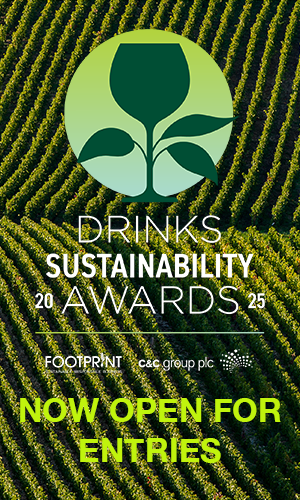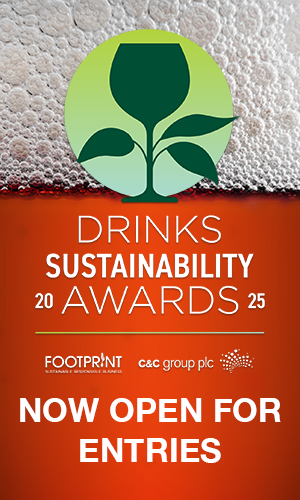Claims of carbon neutrality are being scrutinised but companies shouldn’t fear releasing details of their footprints, says David Burrows.
Scientists and carbon experts have raised concerns about the credentials of Leon’s “carbon neutral” burgers, according to The Guardian. The fast food chain is reportedly using ‘phantom credits’ to offset the carbon – in other words there is little benefit to the environment.
Leon, which launched the burgers in January, has strongly disputed this. The credits it is using help “prevent greenhouse gas emissions, protect vital biodiversity and create sustainable livelihoods for forest communities”, it said.
When carbon offsets are used, cynics smell a rat. Offsets have a bad reputation: a company can plant some trees somewhere and is then excused from emissions reductions within its own sphere of influence. Responsible food companies acknowledge that rigour and credibility is needed.
This is what the Taskforce on Scaling Voluntary Carbon Markets is trying to do. As the taskforce’s chair Bill Winters said recently: businesses want to “trade with confidence – safe in the knowledge that this activity is making a difference to the planet and its people, while complementing their efforts to cut greenhouse gas emissions”.
A governing body has just been announced. The taskforce has already set out its plans to establish legal standards for offsets – the current fragmentation and lack of standardisation in the market making it easy for companies to get tripped up. In August, Oxfam claimed companies (and governments) are “hiding behind unreliable, unproven and unrealistic carbon removal schemes” in order to hit targets.
Whether Leon is one of them remains to be seen. Other announcements will also be critiqued: as more companies make such claims, scrutiny of them – and the taskforce – will only intensify.
Regulators are taking notice too. The Competition and Markets Authority has recently published a Green Claims Code, which specifically references communications of net-zero and carbon neutral. Business “should include accurate information about whether (and the degree to which) they are actively reducing the carbon emissions created in the production of their products or delivery of their services or are offsetting emissions with carbon removal”.
This is all welcome. But there is a balance to be struck: companies must be encouraged to show ambition and that means we have to be careful when shooting them down.
Indeed, Leon may well have secured some decent PR for its carbon-neutral burgers but far more valuable was the publication of carbon footprints for a range of menu items – these mark the baseline from which Leon can drive further reductions, shrinking those footprints further. By publicising them, customers can also easily pick a low carbon option.
This is where companies are missing a trick. We are all buying more than ever online – everything from takeaways to weekly food shops. Price, taste, convenience all might sway decisions one way or another but how about carbon? Imagine if takeaway platforms offered carbon footprints for your average chicken tikka or veggie burger?
Critics (and the delivery platforms) would perhaps argue that’s impossible, given the thousands of businesses all using slightly different recipes, suppliers and cooking techniques. The data would be far from perfect, but in time it could be improved. There certainly isn’t a shortage of start-ups detailing the footprints of food, while big brands using these platforms like McDonald’s and KFC will surely want to ensure the information is as accurate as possible.
And if anyone can apply all this data it’s an ecommerce platform like Deliveroo, Just Eat or Uber Eats – they have entire data science teams at their disposal.
This kind of carbon assessment takes time, investment and courage (because footprinting data will be unpicked too). Leon is one of those showing it can be done. Others will be working on their own carbon calculations in the hope that they can score lower than the competition (some brands are already boasting of being the lowest carbon option). And if not, they will seek new suppliers or challenge their current ones to reduce emissions.
The power of this information runs right through the supply chain so let’s hope the carbon critiquing won’t scare others. Some companies will make mistakes due to ignorance; others will fudge the figures intentionally to seek a competitive advantage. Shortcuts to success, like carbon neutral via offsets, should be scrutinised but progress and transparency should be applauded.











